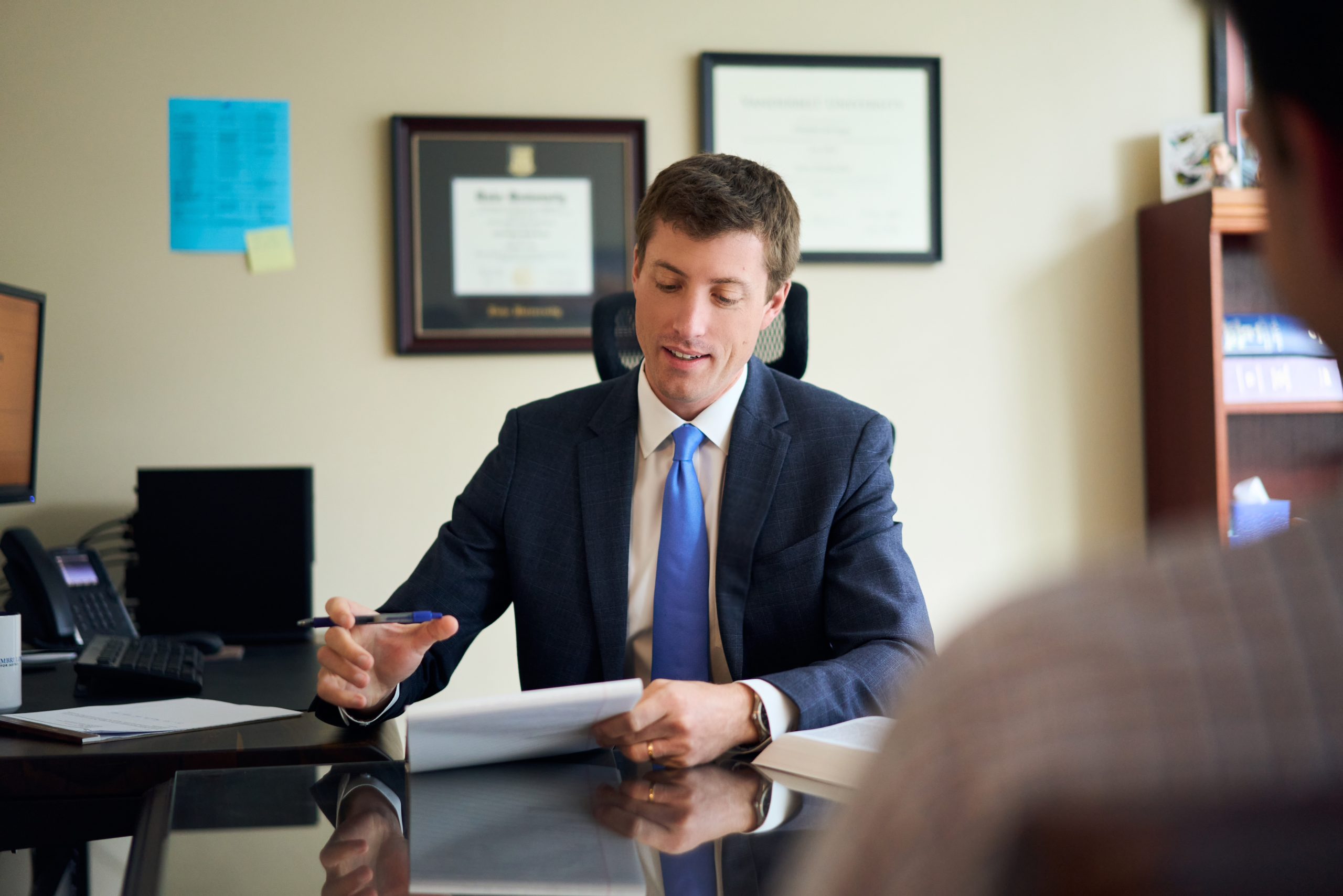Introduction
Navigating the aftermath of a car accident can be an overwhelming experience. From dealing with injuries to managing insurance claims, it’s often a chaotic time. One pivotal aspect that individuals involved in such incidents must understand is the statute of limitations—essentially, the legal timeframe within which you must file a claim. In Washington D.C., this ticking clock can significantly impact your ability to seek justice and compensation. This article delves into the intricacies of the statute of limitations for car accidents in Washington D.C., providing clarity and guidance on how to navigate this essential legal terrain.
Ticking Clock: Understanding the Statute of Limitations for Car Accidents in Washington DC
In Washington D.C., the statute of limitations for filing a car accident claim is generally three years from the date of the accident. This means that if you’ve been involved in an unfortunate incident, it’s crucial to act promptly. Regan Zambri Long Personal Injury Lawyers But why is this timeframe so important? Essentially, once those three years are up, you may lose your right to seek compensation entirely.
Why Does It Matter?
The statute of limitations serves several purposes:
- Encourages timely claims: It ensures that cases are brought while evidence is still fresh.
- Protects defendants: It prevents individuals from being haunted indefinitely by potential lawsuits.
- Promotes judicial efficiency: Courts can manage their caseloads more effectively with finite timelines.
Exceptions to the Rule
While three years is standard, there are exceptions that can extend or shorten this period:
Understanding these nuances is vital; consulting with experienced car injury law firms can provide invaluable insights tailored to your situation.

Understanding Car Accident Claims
What Constitutes a Car Accident Claim?
A car accident claim typically arises when one party’s negligence leads to another party’s damages. These damages can include medical expenses, lost wages, property damage, and pain and suffering.
Types of Damages You Can Claim:
- Economic Damages: These cover direct financial losses such as medical bills and lost income.
- Non-Economic Damages: These encompass intangible losses like emotional distress and loss of enjoyment of life.
Who Can File a Claim?
In Washington D.C., anyone injured in a car accident caused by another party’s negligence can file a claim. This includes drivers, passengers, pedestrians, and even cyclists who may have been affected by the incident.
The Importance of Legal Representation
Why Hire Car Injury Law Firms?
Navigating the complexities of personal injury law can be daunting. Hiring specialized car injury law firms offers several advantages:
- Expertise in Negligence Laws: They understand state-specific laws governing negligence.
- Negotiation Skills: Experienced attorneys know how to negotiate effectively with insurance companies.
- Trial Experience: Should your case go to court, having seasoned litigation attorneys increases your chances for success.
Choosing the Right Law Firm
When selecting a law firm for your case, consider:
Filing Your Claim: Step-by-Step Process
1. Gather Evidence
Collect all relevant information from the scene:
- Police reports
- Medical records
- Eyewitness statements
- Photographs or videos
2. Consult with an Attorney
Before filing any claims or giving statements to insurers, consult with an attorney who specializes in car accidents.

3. File Your Claim
Your attorney will help you formally file your claim within the stipulated time frame.
4. Negotiation Phase
Once filed, negotiations will commence between your attorney and insurance providers regarding compensation amounts.
5. Trial (if necessary)
If negotiations fail, your case may proceed to trial where arguments will be presented before a judge or jury.
Common Mistakes After a Car Accident
Understanding what not to do after an accident is just as crucial as knowing what steps to take:
FAQs About Statute of Limitations for Car Accidents
What happens if I miss the deadline?
Missing the three-year deadline typically results in losing your right to file a lawsuit for damages related to that specific incident.
Can I still sue if I partially contributed to the accident?
Yes! Washington D.C follows a “contributory negligence” rule where you may still recover damages unless you are found completely at fault.

Are there different statutes for other types of accidents?
Yes! Different types of personal injury cases carry varying statutes—it’s important to consult professionals familiar with these distinctions.
How do I calculate my damages?
Damages include both economic losses (like medical costs) and non-economic losses (such as emotional distress). An experienced attorney can help quantify these amounts accurately.
Can I file against government entities?
Yes, but special rules apply when suing government agencies—most notably shorter deadlines—so it’s critical to seek professional advice quickly.
Do I need witnesses for my case?
While witnesses bolster credibility, failing to have them doesn’t automatically negate your claim; strong evidence like police reports or expert testimonies can also support your case.
Conclusion
Understanding “Ticking Clock: Understanding the Statute of Limitations for Car Accidents in Washington DC” is paramount for anyone involved in such unfortunate events. With careful preparation and expert guidance from car injury law firms, navigating this complex landscape becomes manageable—and ultimately more successful—in gaining fair compensation for injuries sustained due to someone else’s negligence.
This article provides general information and is not a substitute for legal advice; consult with experienced lawyers for personalized guidance. Attorney Advertising: The information contained on this page does not create an attorney-client relationship nor should any information be considered legal advice as it is intended to provide general information only. Prior case results do not guarantee a similar outcome.
